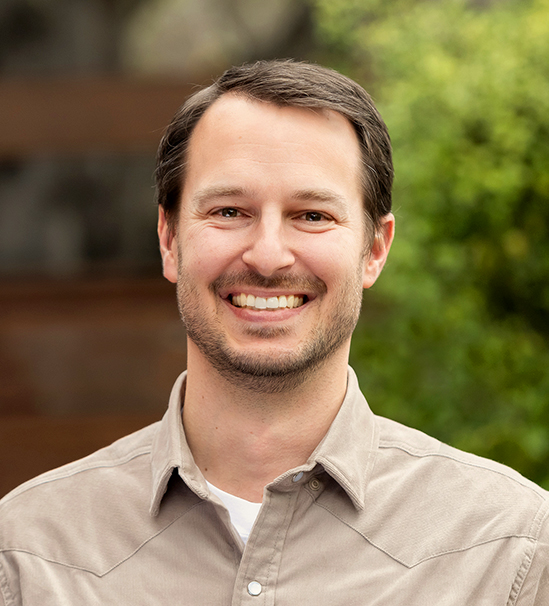
Scouting
Philipp
Hoffmann
As Research & Venture Scout at Gigascale, Philipp uses his recruiting expertise to identify high-potential technical innovations and the people behind them by fostering relationships across universities, labs, and accelerators.
Philipp believes the mindset of researchers—deep curiosity, comfort with complexity, and persistence through ambiguity—is essential to scaling deep-tech solutions that drive climate impact. Knowing that graduate-level innovation rarely comes with a ready-made playbook for commercialization, he works closely with Evaline Tsai to help researchers navigate the path to entrepreneurship.
Before Gigascale, Philipp spent almost nine years at Meta, where he built recruiting teams for emerging research disciplines. He led research recruiting for Augmented and Virtual Reality for Meta Reality Labs (Oculus) and created an Expert Talent Map to enable data-rich pipeline planning.
Earlier in his 15-year recruiting career, he joined Microsoft, where he focused on university talent—closing more than 200 hires from top-tier universities, restructuring recruiting practices for efficiency, and helping launch a first-in-class engineering internship program in Europe.
Philipp’s curiosity and interest in people have taken him from studying theology to leading specialized recruiting for the world’s most technical teams. He holds a BA in Biblical Languages from Moody Bible Institute and studied Business Administration at Universität Klagenfurt in his home country of Austria.
